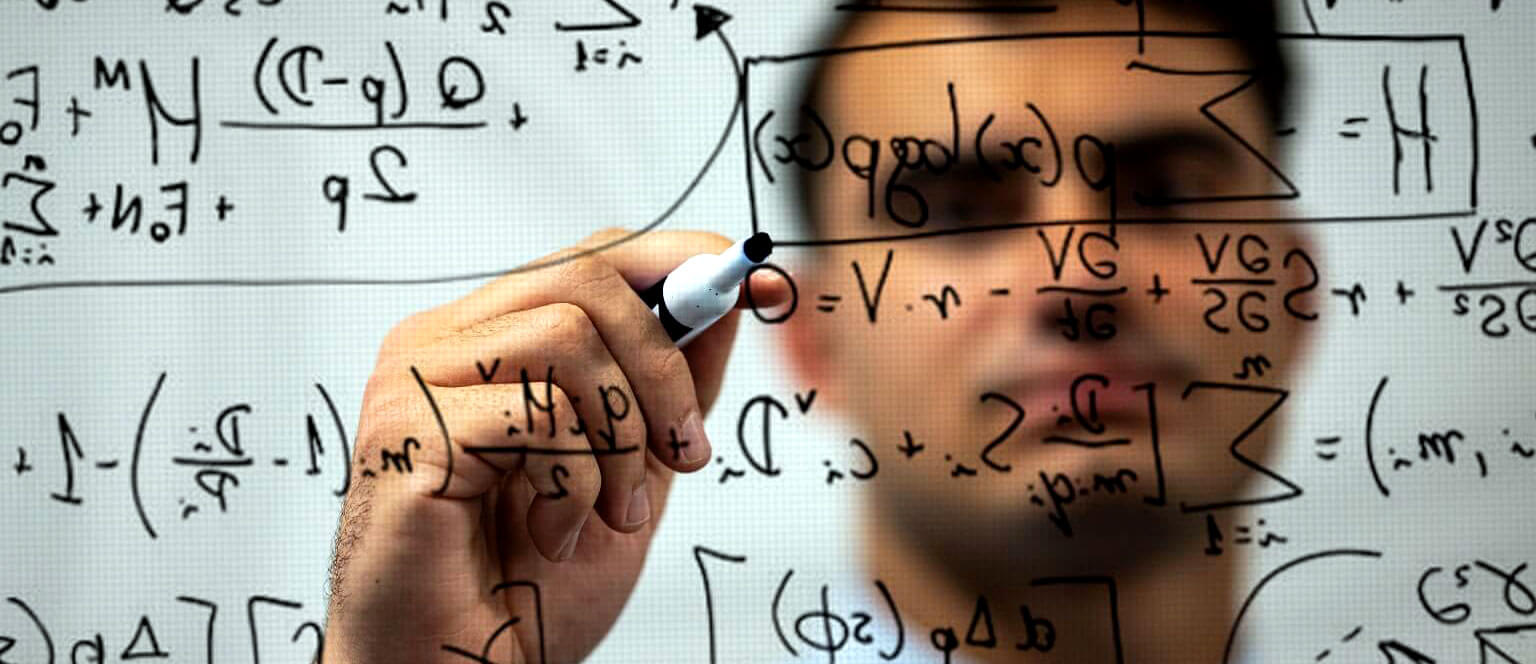Is Mathematics Absolute or Relative?
Introduction
Mathematics, as the language of science, plays a pivotal role in our understanding of the world around us. However, the question remains: is mathematics absolute or relative? This issue sparks considerable debate among scientists and philosophers.
Absolute Mathematics
Absolute mathematics means that mathematical concepts and numbers exist independently of human experience. In other words, mathematical laws are true regardless of time, place, or specific circumstances.
- Mathematical Constants: Such as the value of π and the gravitational constant, which are considered universal truths.
- Mathematical Logic: The rules and systems that govern mathematical operations and remain constant across all contexts.
Relative Mathematics
On the other hand, relative mathematics refers to the idea that mathematical laws and concepts can be context-dependent. This theory requires us to consider environmental and cultural conditions when applying mathematics.
- Physical Theories: Such as Einstein's theory of relativity, which shows how mathematical values can change based on speed and time.
- Practical Applications: Some mathematical calculations may yield different results depending on the tools and methods used.
Philosophical Perspectives
The debate over whether mathematics is absolute or relative is not just a scientific one but also has philosophical dimensions. Some philosophers view mathematics as the discovery of universal truths, while others believe it is a human invention that evolves with changes in knowledge and technology.
Conclusion
Ultimately, whether mathematics is absolute or relative, it remains a powerful tool for understanding the world and analyzing natural phenomena. The discussion about its nature enhances our appreciation of the importance of mathematics and how it can develop over time.


Post a Comment